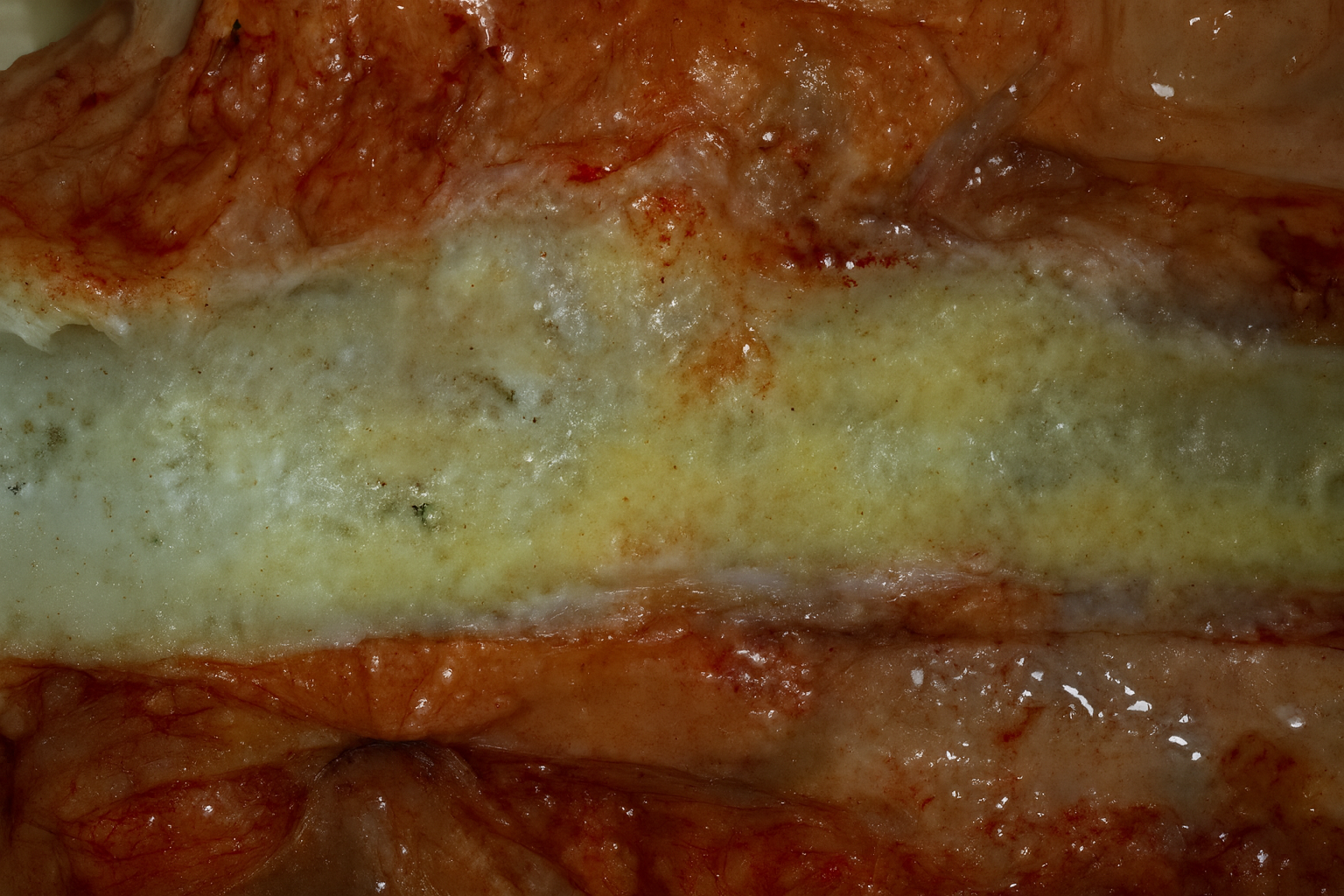In a lungworm infection, the lungs and deeper airways are infected with the lungworm Dictyocaulus arnfieldi. Donkeys often show few clinical symptoms of a lungworm infection, but are frequently the source of pasture infection for horses.
Adult female worms lay eggs in the lungs of the donkey. These eggs hatch into larvae, which are coughed up, swallowed, and then excreted with the manure onto the pasture. After a few days, the larvae become infectious for the host. The larvae die off due to dryness and/or cold, but under favorable conditions, they are ingested by other donkeys or horses while grazing. In this way, the infection spreads throughout the pasture.
Lungworm larvae are almost always found in the manure of donkeys. The manure is examined using the Baermann method, in which the larvae are isolated from the sample.
The treatment of lungworm is not very complicated. Products containing ivermectin or moxidectin are both effective. It is important to keep the animals in the stable to prevent further infection. To avoid your donkey infecting a horse, it is best to let donkeys and horses graze separately.
If the lungworm test shows that your donkey is infected, we will provide you with a personalized treatment recommendation. This way, your donkey’s health is the priority and unnecessary deworming can be avoided. Please feel free to contact our team if you have any questions; we are happy to help!
